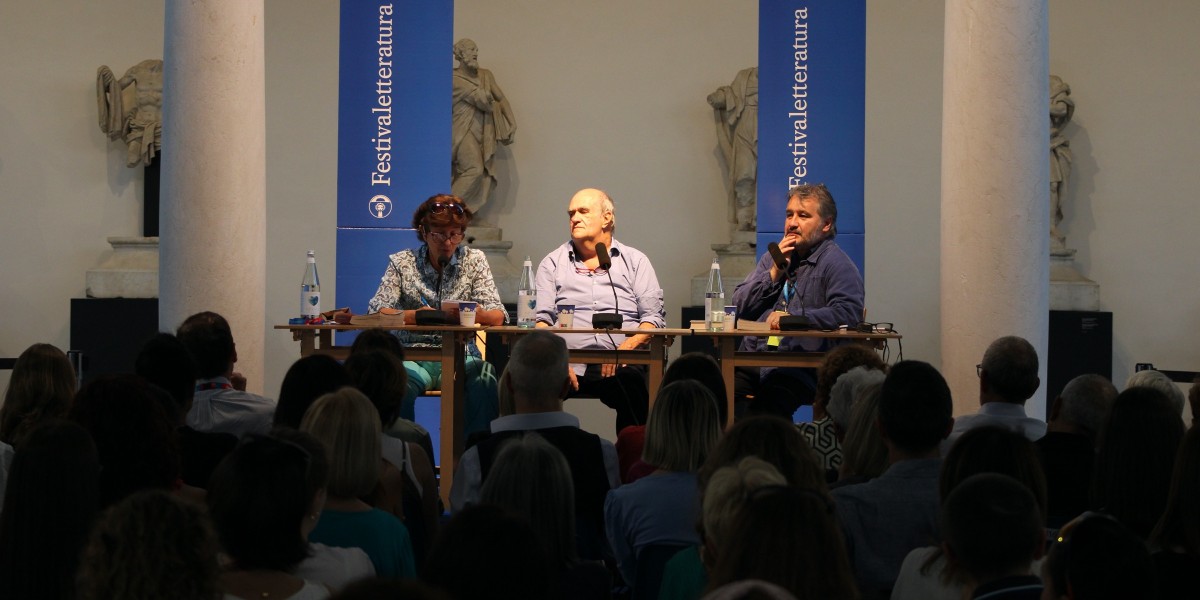
Mixing fact and fiction, Tóibín is the real master and magician
Colm Tóibín has done it twice, but don’t expect a third! Some twenty years after choosing author Henry James as the protagonist of The Master, his new novel The Magician takes us - “hand in hand?” Peter Florence asks, “dream to dream” Tóibín suggests - into the life of Thomas Mann.
It’s a historical novel, a mix of facts and “illusion”. Mann himself would reimagine personal experiences in his novels, but reduce the amount of attendees. He would go to Venice with his wife and brother and then have his character in Death in Venice have the same experiences, down to staying at the same hotels, but alone. That’s the great freedom novelists have, “to kill our siblings!”.
In Tóibín's historical novels, on the other hand, facts demand respect. Even when they make for tortuous narration. “Do you think a novelist would want to write a protagonist with this many children?” (Mann had six and was one of five siblings). Beyond the scaffolding provided by historical facts, though, it’s a novel, a creation, Tóibín insists.
The facts described in Mann’s memoirs take centre stage. Both Mann and James were gay and closeted, and the “drama between the public life and the private man” animates both novels. Tóibín’s explore the inner motives, secrets, and contradictions that turn historical figures into real people.
Complications seem to interest Tóibín the most. Mann’s image of outer confidence quickly crumbles as The Magician exposes his nervousness, his uneasiness. Mann’s father was not a bastard or evil, “I don’t like such strong words!”. And the unspeakable fear that the Nazis might have his diaries is what pushes Mann not to denounce Hitler for years, despite huge pressures from the writer's own wife and daughter.
Perhaps most harrowingly, Mann confesses he once felt attracted to his son Klaus. What can we make of that today, should Mann be cancelled? When Peter Florence asks for guidance, the audience joins in an inaudible yet perceptible gasp. A strange, shameful, horrible feeling, and yet it happened. Reading about it helps us decide what to allow for, what to despise, what to tolerate. Dealing with it simply or in silence might be more poisonous, Tóibín says. "Never close the book”, he argues.



